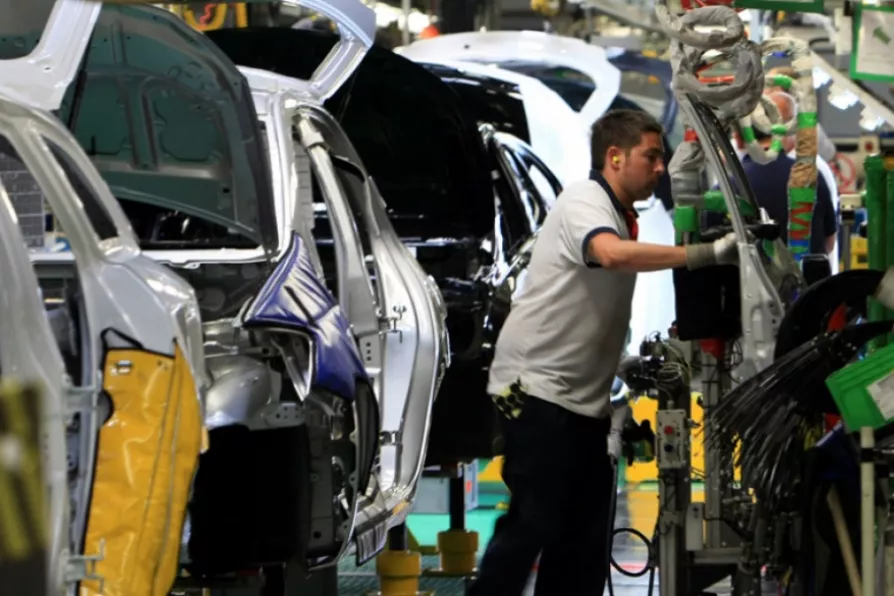From London’s holly-sellers to Engels’s flaming Christmas centrepiece, the plum pudding was more than festive fare in Victorian Britain, says KEITH FLETT


THE Labour Party’s manifesto for the 2017 general election contained many provisions for radical labour law reform.
At the heart of these proposals was the plan to introduce a new Ministry of Labour.
This is a recommendation that hit the spot, for rarely can the plan to create a new government department have met with such enthusiasm and expectation.

The Bill addresses some exploitation but leaves trade unions heavily regulated, most workers without collective bargaining coverage, and fails to tackle the balance of power that enables constant mutation of bad practice, write KEITH EWING and LORD JOHN HENDY KC

It is only trade union power at work that will materially improve the lot of working people as a class but without sector-wide collective bargaining and a right to take sympathetic strike action, we are hamstrung in the fight to tilt back the balance of power, argues ADRIAN WEIR












